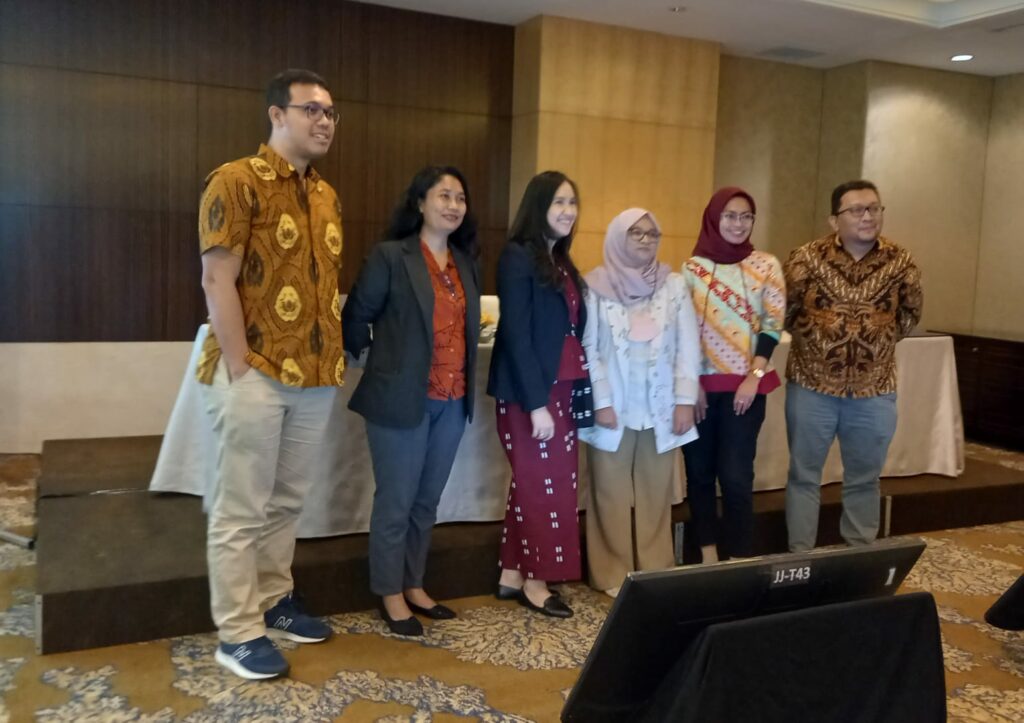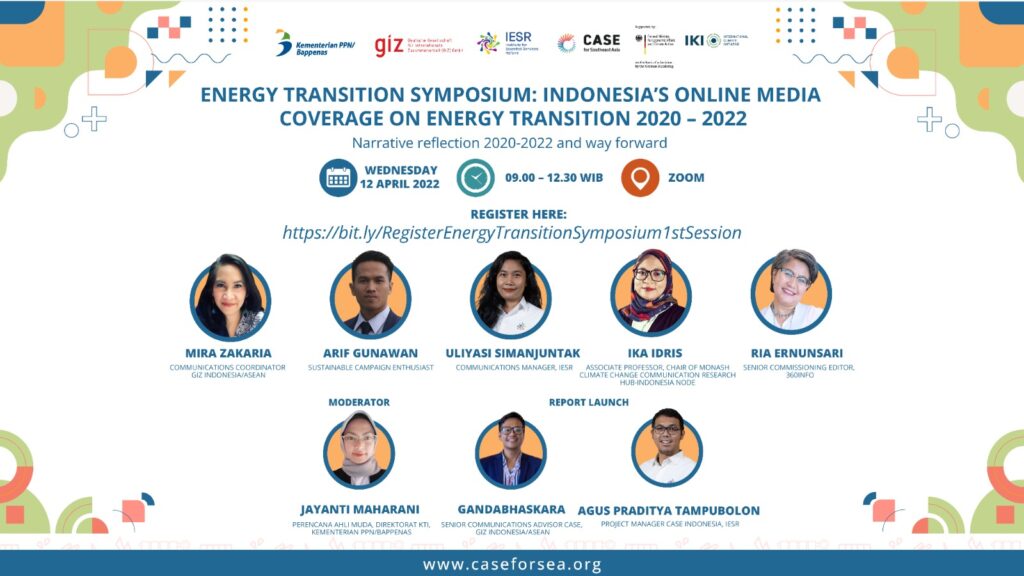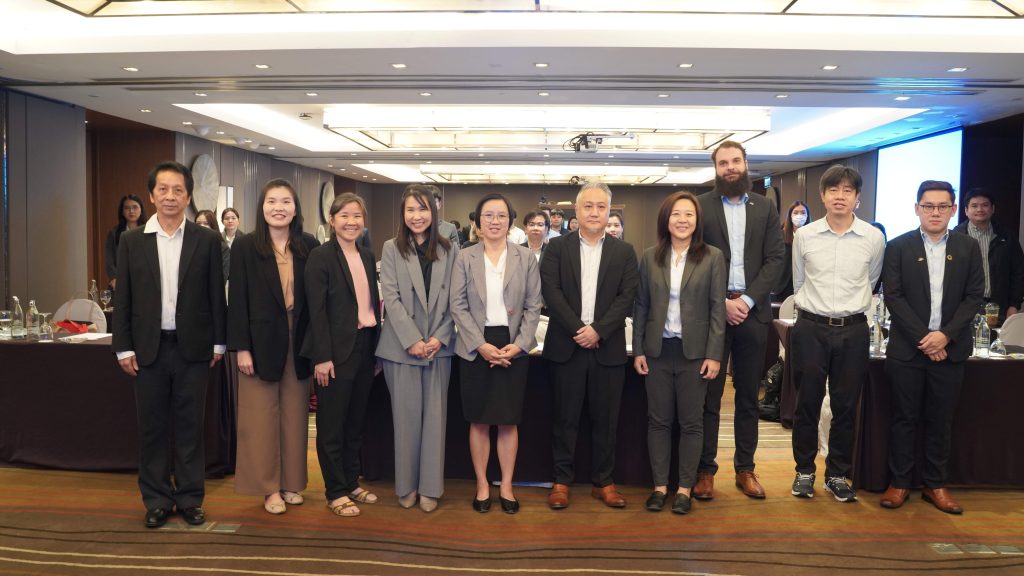The energy transition in Indonesia is a topic that has been gaining momentum in recent years, and it is no surprise that stakeholders across the country are keen to understand the progress that has been made. Clean, Affordable, and Secure Energy for Southeast Asia (CASE) in Indonesia is one project that has been at the forefront of this movement, with their recent media monitoring analysis report on energy transition providing key insights into the current narrative.

The report, which covered the period from January 2020 to December 2022, analyzed over 11,000 news articles related to the energy transition in Indonesia’s electricity sector. The findings were presented at the Energy Transition Symposium event in Jakarta, and they revealed that the Just Energy Transition Partnership (JETP) mechanism was the dominant topic in the media, generating the most news. Additionally, the report highlighted the top 10 media darlings, who were predominantly male figures, indicating that the industry is still largely driven by patriarchal decision-makers. However, this presents an opportunity for organizations like CASE to champion advocacy of gender balance beyond the economic and business desk of newsrooms.
The report also shed light on the distribution of news released, with 68% coming from press releases issued by state actors and other energy players. This underscores the importance of organizations like the Institute for Essential Services Reform, a notable think tank committed to accelerating the energy transition in Indonesia, in delivering messages and developing narratives that capture the technical aspects of the stories.
The narrative or collection of stories in the context of the energy transition in Indonesia may not be visible yet, but is there already a narrative? At the surface, this may still be just a ‘framing’, fragments of different frames of diversity of agendas. As Associate Professor and Chair of Monash Climate Change Communication Research Hub-Indonesia Node, Monash University Indonesia reflecting from the insights.
The symposium also highlighted that this report and the feedback from panelists can be used as assets towards the Ministry’s plan on developing Indonesia’s golden age by 2045 by integrating the narrative of energy transition within the Long Term Development Planning Documents.
Overall, the report serves as a foundation for CASE’s future strategies and plans, with an effort to document narrative changes in Indonesia’s energy transition progress. As the country moves towards a cleaner, more affordable, and secure energy future, it is essential to understand the narrative that is being developed and to ensure that it is inclusive and diverse, representing the voices of all stakeholders.




